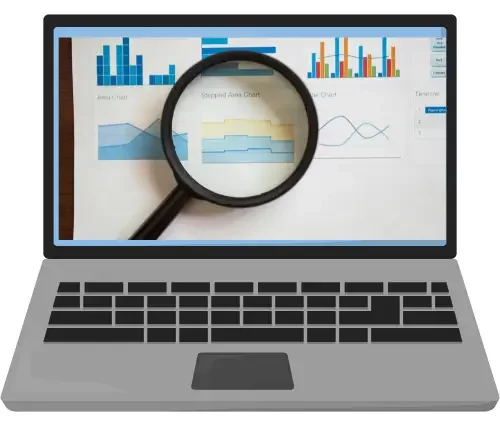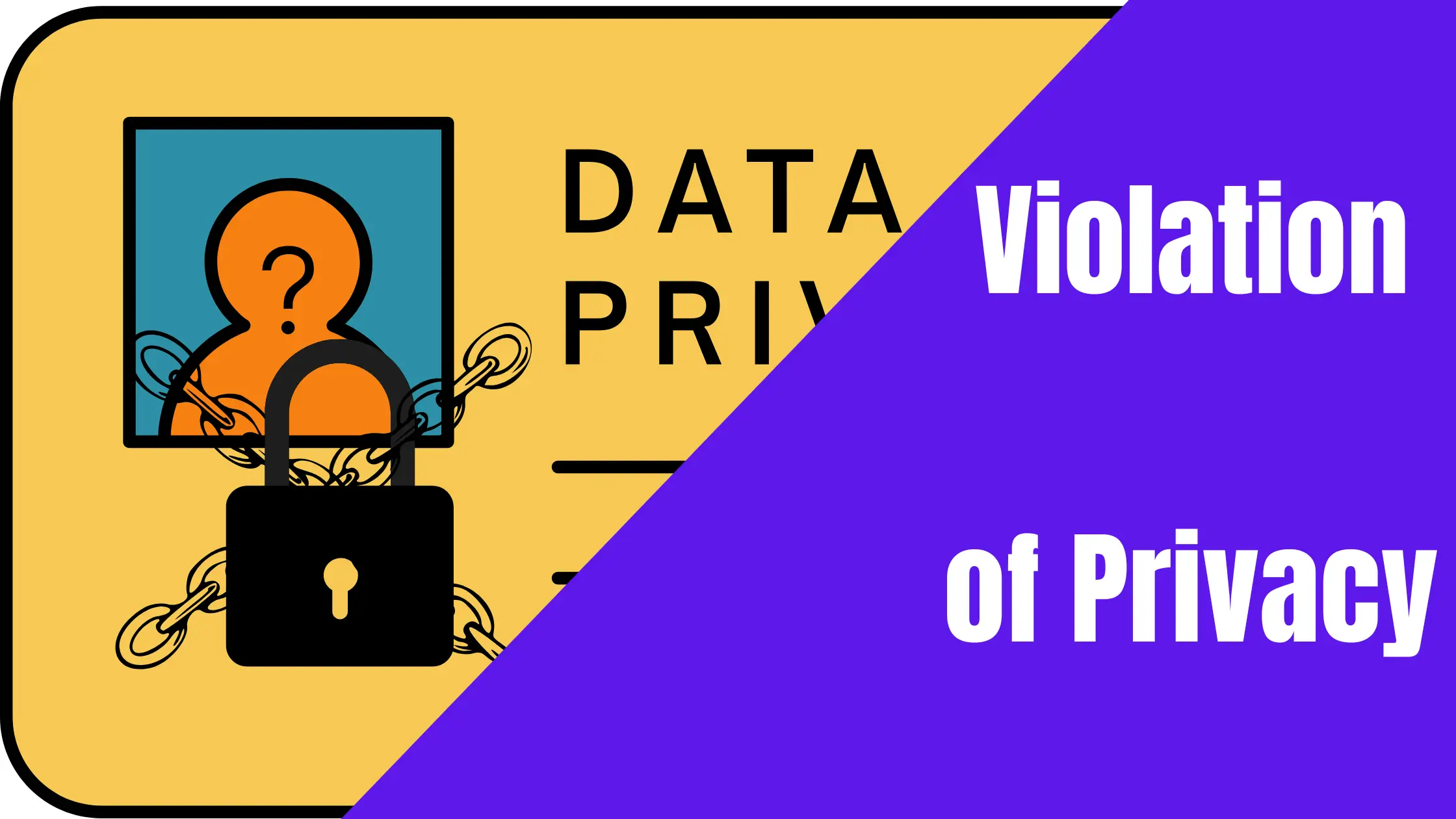In a time when everyone has a camera and a computing device, along with easy internet access, privacy violations have become prevalent. Lawmakers have scrambled to put systems in place to protect citizens and regulate what can be accessed and the legal ramifications of data breaches. While this has not eradicated the problem, it has created a legal system to seek damages for any damages suffered.

In this article, we will cover:
- Definition of violation of privacy;
- What is data surveillance;
- Causes and consequences of data breaches;
- The impact violation of privacy has on individuals;
- Consequences of the violation of privacy on reputation and finance;
- Best strategy and practices to protect yourself from violation of privacy; and
- Privacy challenges in the digital age.
Define violation of privacy
Violation of privacy refers to the illegal acquisition, distribution, and misuse of an individual’s confidential information.
It is customary and necessary to keep some information private. Examples of such information include people’s location, communications, and associates.
Violation of Privacy typically seeks to make such information public.
One example of a violation is if someone hacks your email and shares what was meant to be private communications with the public. Depending on what has been revealed, this can affect your family life and even your business.
Another term related to the violation of privacy is data surveillance, which is directly related to the acquisition of private information.
What is data surveillance?
Data surveillance refers to monitoring an individual or group by tracking electronic data. The goal is to monitor individual behavior, activities, and communication.

Causes and Consequences of Data Breaches or Violation of Privacy
While the increasing widespread use of computers is linked to the increased data breaches or violation of privacy, there are steps that we can take to reduce the chances of this happening. Various factors cause data breaches, and multiple consequences come with them:
- Weak credentials, such as passwords, make it easier for your information to be stolen and allow for unauthorized access to systems that should be protected.
- Excessively permitting users access to your system or your data increases the chance that they may be misused.
- Individuals can be tricked into revealing sensitive information through phishing.
- Hackers make use of backdoors and other vulnerabilities to use them as entry points.
- Data integrity can be compromised if malware, viruses, worms, and ransomware are used.
The Consequences of data breaches can be life-changing. They can cause financial, psychological, and professional damages. Consequences of data breaches include:
- The loss of trust from family, customers, and stakeholders due to reputational damage.
- Affected parties seek damages by utilizing lawsuits and legal claims.
- Productivity and revenue may be impacted by operational downtime.
- Confidential information being stolen or leaked may also affect parties psychologically. This has been linked to suicides and other mental health issues, such as anxiety and trust issues.
Reputational and financial consequences of violation of privacy
Any breach of privacy can lead to reputational and financial consequences, some of which are:
- Financial loss: Any breach of data can lead to a loss in financial ramifications, which will result in direct costs, for example, fines, legal fees, and indirect costs such as any business opportunities being loss and customer churn.
- Reputational damage: An individual or company’s reputation can be tarnished due to a data breach since this violation can severely impact customers’ and stakeholders’ trust.
Best practices and strategies to protect yourself against the violation of privacy
The severity of how persons and companies can be affected by the violation of privacy in this digital age is a direct link to the increasing demand for better cybersecurity. The best practices and strategies that you can use to defend against violations of privacy are:
- Enabling two-factor authentication (2FA) will add an extra layer of security to your devices.
- Regularly updating software is extremely important since software patches often include added security measures to fix weaknesses that hackers can exploit.
- Use strong passwords: Weak passwords make it easier for hackers to infiltrate your system and steal your information. Utilize stronger passwords to make the process a whole lot harder.
- Beware of phishing. Providing information, opening suspicious emails, or clicking on suspicious links can all be cases of phishing waiting to happen. Ensure that you educate yourself on this practice so as to be safe online.
- Read privacy policies: Reading the privacy policy gives you an insight as to how the data you share online is collected, used, and shared.
- Limit social media sharing: In this era, when many live their lives online, sharing their location, activities, and their most private information, this is the area where people are probably the most vulnerable. Being mindful of what you share reduces your chances of suffering identity theft or having your content used to destroy you.
Privacy challenges in the digital age
Here are some privacy challenges faced in the digital age:
- Proliferation of confidential information: Sensitive information that companies and governments collect raises concerns as it can be misused, or individuals can gain unauthorized access to said information.
- Cyber attacks: Malicious attacks used by cyber criminals to exploit vulnerabilities in your system to obtain private data and information that could compromise individuals’ privacy.
- Data breaches: In this digital age, data sharing and the constantly evolving digital landscape pose a significant threat to privacy.
- Legal implication: The legal system struggles to keep up with digital evolution, so protecting individuals’ rights, especially regarding privacy rights, is uncertain at best.
Before you go
Your digital privacy is your responsibility. While you may not be able to fully control how others access or use your information, you can control what you share online. Perhaps the greatest threat to your privacy is the indiscriminate sharing of information that most of us participate in on social media platforms. Some information we share may not appear necessary, yet it may be tied to our banking information.
Such less obvious information may include your mother’s maiden name, social security number, and your date of birth.
 Skip to content
Skip to content 